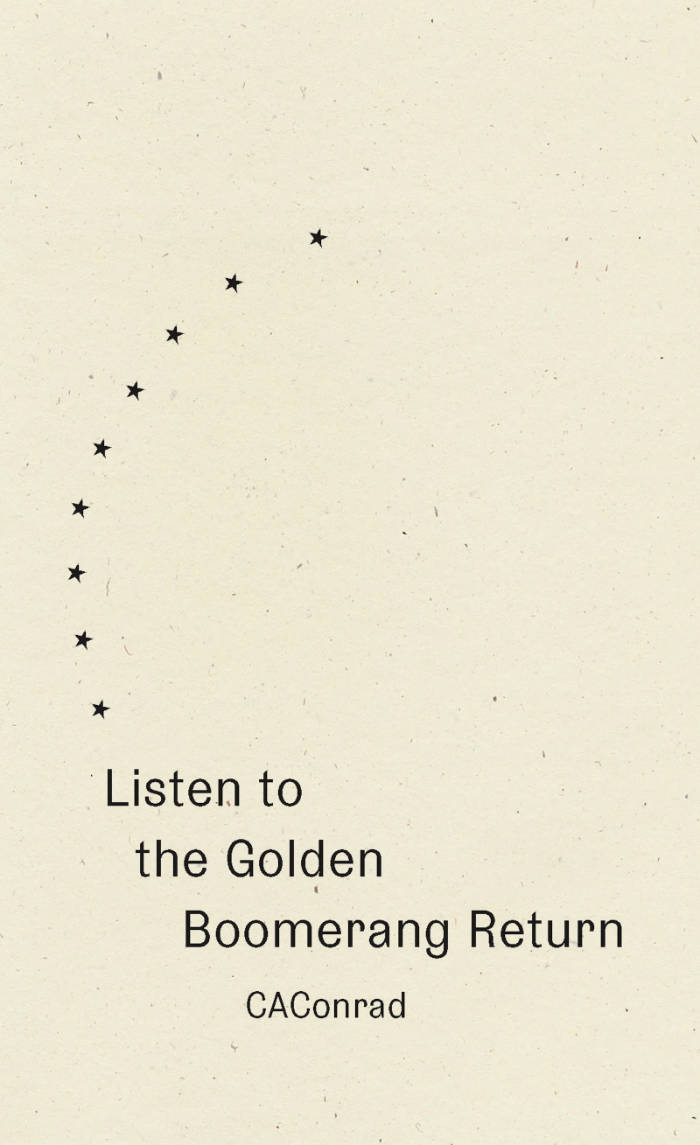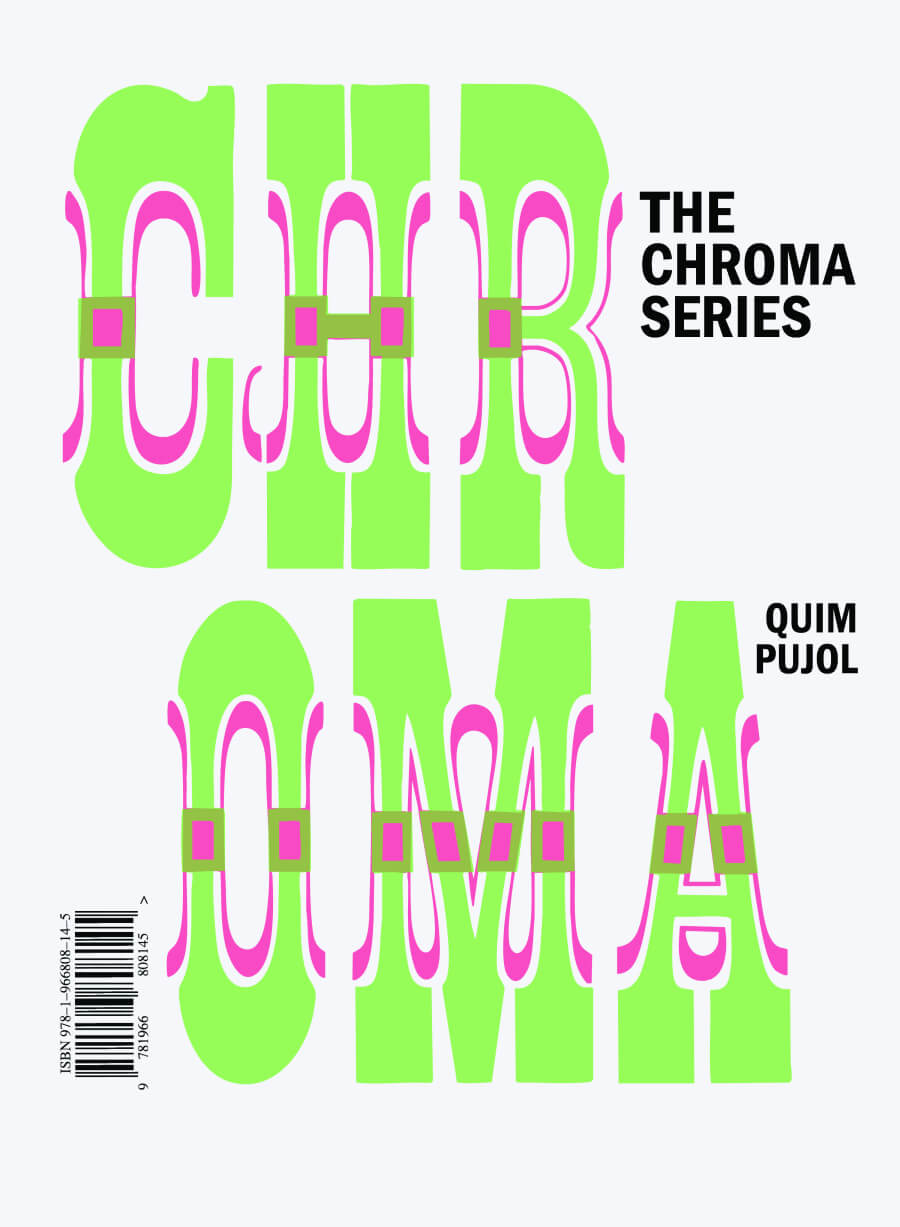
The Poetics of Wrongness
In her first book of critical non-fiction, The Poetics of Wrongness, poet Rachel Zucker explores wrongness as a foundational orientation of opposition and provocation.
Devastating in their revelations, yet hopeful in their commitment to perseverance, these lecture-essays of protest and reckoning resist the notion of being wrong as a stopping point on the road to being right, and insist on wrongness as an analytical lens and way of reading, writing, and living that might create openness, connection, humility, and engagement.
This book marks a turning point in Zucker's significant body of work, documenting her embrace of the multivocality of interview in her podcasting, and resisting the univocality of the lecture as a form of wrongness in and of itself.







